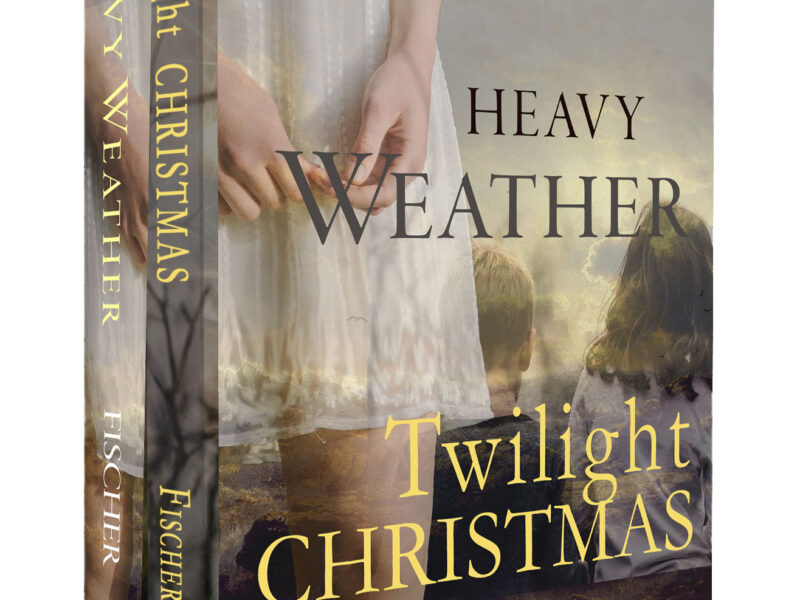A fun blogging friend, Mel Sherratt, first directed me to this post. David Hewson and his fellow writers have called for a stop to writing/blogging/critiquing frauds. Hear, hear.
No more sock puppets please
Posted on September 3rd, 2012 by David Hewson
I’m delighted to be able to put my name to the statement below. (Sorry folks but I accidentally published slightly prematurely on that and don’t want to take away anything from my fab co-authors who worked through the weekend and the night to get this together).
Please feel free to copy this letter and distribute as you see fit. I feel a bit sick and embarrassed my clumsy fingers publishedy it first (too much time on the bloody laptop over the last 72 hours). For everyone who’s said ‘Can I add my name too…’ we had hoped to have a system that would enable this. But it’s technically a bit beyond us at the moment. And to be frank we’re all pretty knackered after spending most of the weekend on this and little else. If there were an easy way… We haven’t found it yet but people are still looking.
These days more and more books are bought, sold, and recommended on-line, and the health of this exciting new ecosystem depends entirely on free and honest conversation among readers. But some writers are misusing these new channels in ways that are fraudulent and damaging to publishing at large. British author Stephen Leather recently admitted that he used fake identities online to promote his work. The American bestseller John Locke has revealed he has paid for reviews of his books. The British author RJ Ellory has now confessed to posting flattering reviews of his own work and to using assumed names to attack other authors perceived to be his rivals.
These are just three cases of abuse we know about. Few in publishing believe they are unique. It is likely that other authors are pursuing these underhand tactics as well.
We the undersigned unreservedly condemn this behaviour, and commit never to use such tactics.
But the only lasting solution is for readers to take possession of the process. The internet belongs to us all. Your honest and heartfelt reviews, good or bad, enthusiastic or disapproving, can drown out the phoney voices, and the underhanded tactics will be marginalized to the point of irrelevance. No single author, however devious, can compete with the whole community. Will you use your voice to help us clean up this mess?
Linwood Barclay, Tom Bale, Mark Billingham, Declan Burke, Ramsey Campbell, Tania Carver, Lee Child, Michael Connelly, N.J. Cooper, David Corbett, Ruth Dudley Edwards, Stella Duffy, Jeremy Duns, Mark Edwards, Chris Ewan, Helen FitzGerald, Meg Gardiner, Adèle Geras, Joanne Harris, Gordon Harries, Mo Hayder, David Hewson, Charlie Higson, Peter James, Graham Joyce, Laura Lippman, Stuart MacBride, Val McDermid, Roger McGough, Denise Mina, Steve Mosby, Stuart Neville, Jo Nesbo, Ayo Onatade, SJ Parris, Tony Parsons, Sarah Pinborough, Ian Rankin, Shoo Rayner, John Rickards, Stav Sherez, Karin Slaughter, Andrew Taylor, Luca Veste, Louise Voss, Martyn Waites, Neil White, Laura Wilson.

The road to publishing is not easy. The elation experienced, once we are established in print, is quickly diminished when the reality of marketing sets in– but fraudulent reviews are not the answer. It is a violation of the Reader/Writer Trust Agreement that our followers expect us to uphold. It’s just that simple. The ends do not justify the means. 🙁
Exactly, Denise. From a reader’s point of view, I don’t want to be swayed toward or away from a book by invalid critiques. No one does.
Reading and appreciating work is so incredibly subjective. My kids used to ask me why there were so many different churches. I explained that not everyone wore the same clothes or liked the same music–or wanted to worship the same way. Ditto for books. But an honest appraisal of the positives and the negatives ought to be just that. Honest. Not paid for. Not hyped by masqueraders.
Hear Hear. Family and friends are guilty of giving good reviews of books merely because of the relationship they have with the writer. You could say it’s expected of them to add their support this way but it’s not helpful to the majority of readers.
One way to end this would be to ensure that only those who purchase a book online are eligible to review it on whatever site they bought it from but that cuts off all the people bought the book as a gift or those who buy it from a shop.
Alas there will always be those unscrupulous enough to use every loophole to promote their work so signing a declaration of Intent probably won’t deter them but it might give the readers some comfort. I chose not to refer to the reviews on sites like Amazon a long time ago since I would either like them and get big-headed or dislike them and think someone had it in for me. I just leave it to the readers to decide whether to buy or not from word of mouth.
Big-headed? Not you, David!
Bless you, my friend. We’re remembering you and Julia–especially tomorrow.